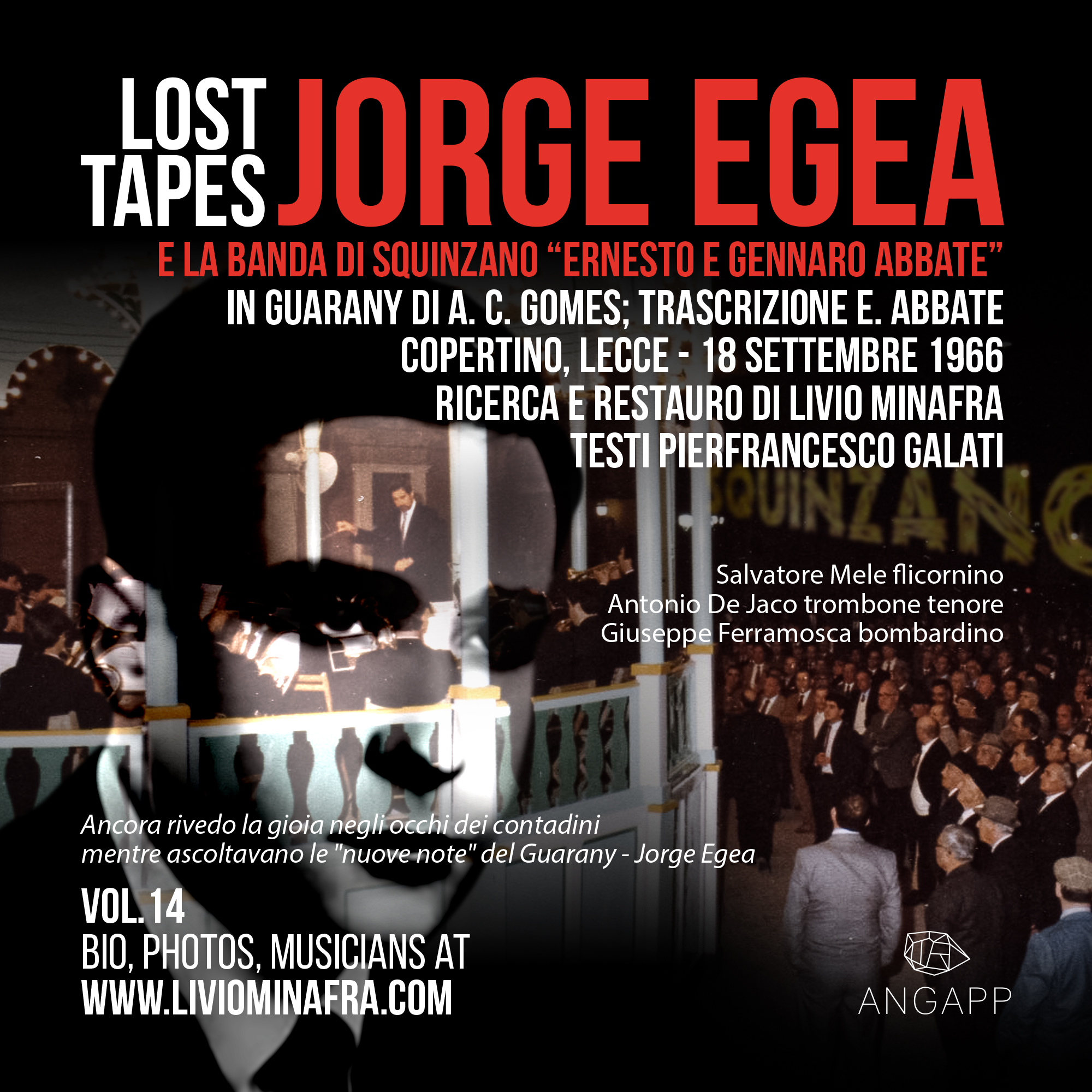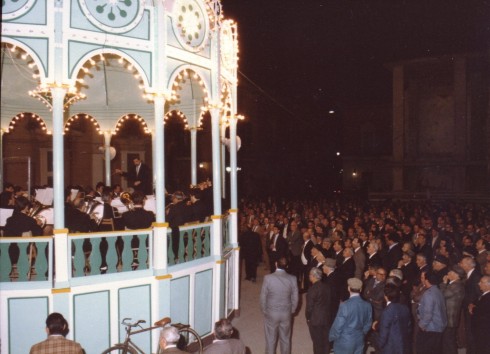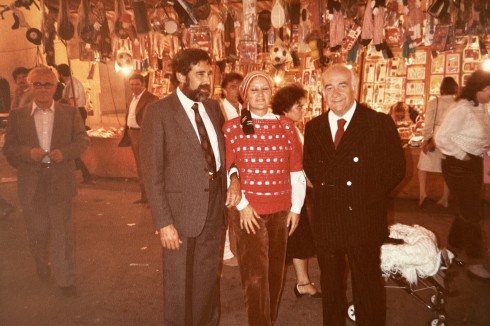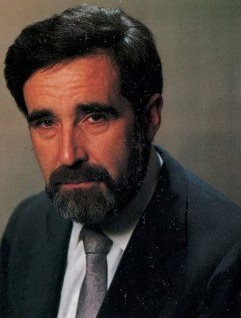Title: Lost Tapes Vol. 14 Jorge Egea e la Banda di Squinzano “Ernesto e Gennaro Abbate”
Group: Banda di Squinzano “Ernesto e Gennaro Abbate”
Year: 1966 © 2023
Graphic: 3Heads Agency
Text: Pierfrancesco Galati
Translator: Rita Valentini
Recorder: unknown
Discover, digitalization, sound track selection, editing: Livio Minafra
Mastering and restoration sound engineer: Gianluca Caterina
Label: Angapp Music – It
Many thanks to: Giuseppe Pascali, Giuseppe Gregucci, Angelo Schirinzi
Produced by: Livio Minafra
News about the opera
The Guarany is a ballet opera in four acts by Antonio Carlos Gomes, with a libretto by Antonio Scalvini and Carlo D’Ormeville. Its premiere took place at Teatro “La Scala” in Milan on March 19, 1870. The Guarany, along with Don Carlos and La forza del Destino, represents an attempt to mediate between Italian melodrama and grand opera in the style of Meyerbeer, characterized by greater dramatic intensity. The grand opera influence is particularly evident in the act finales, which have monumental structures and spectacular scenic effects (such as the final scene with the explosion of the castle, reminiscent of Meyerbeer’s Le Prophète), the grand descriptions of the environment (notably in the third act: Ballabile, Baccanale, Invocazione), and the incorporation of authentic local culture (Brazilian folk dance rhythms and characteristic pieces). The opening symphony itself features an energetic main theme that imparts an epic character to the entire opera. The subject matter, which evokes the exoticism of L’Africaine and Aida, is handled with singular energy and dramatic swiftness, with the composer avoiding schematic approaches. The grandiose celebration of national identity in the storyline certainly contributed to the opera’s success in Brazil (it was dedicated to Pedro II and performed for his birthday in Rio de Janeiro on December 2, 1870), and the work also achieved success in major European capitals. Despite being Brazilian, Gomes fully immersed himself in the history of Italian opera in the late 19th century, both in terms of training and production. With Guarany, the composer emerged on the international scene and received praise from Verdi, among others.
Notes on Band Transcription
The band fantasy composed for the Vessellian band in 1932 by Ernesto Abbate, with a duration of approximately 28 minutes, like typical fantasies and transcriptions for bands of that time, includes some moments from the opera. In our case, Abbate developed the following sequence:
- Sinfonia
- Dal piano al monte ognor (Coro dei cacciatori)
- Senza tetto…senza cuna (Duetto Pery-Cecilia)
- Gentile di cuore (Polacca di Cecilia)
- Balletto
- Sento una forza indomita (Duetto Pery-Cecilia) + Andante espressivo dal balletto
It is also interesting to note, as a customary practice in many fantasies, that the finale of the band transcription does not correspond to the finale of the opera: the duet “I feel an indomitable force” (Pery tenor, Cecilia soprano) is actually from the first act. However, the surprising novelty is that Ernesto Abbate takes a secondary passage from the opera’s ballet, which only appears for about thirty seconds and is not further developed. This is the Expressive Andante; Abbate, presumably captivated by this theme, decides to expand it and elevate it as the finale, giving it a redemptive prominence. The brilliance of this fantasy lies in Ernesto Abbate’s transformation of the opera, which concludes tragically on stage, into an opera that carries the taste of vivacity, joy, and celebration through the band adaptation. The relaunch of the Guarany transcription on the squares of Puglia, with the Squinzano Band, strongly desired and conducted by Jorge Egea, who had just taken over from the unfortunate Ferruccio Burco, who died in an accident a few months earlier, took place on September 12, 1966, in Casamassima, during the patronal festival in honor of St. Rocco. Since then, it has become one of the most frequently performed works, to the extent that when Egea left Squinzano to conduct the band in Mottola, he requested President Candido Giangrande to bring the Guarany score with him. When Giangrande declined, Egea decided to transcribe it himself from memory. Maestro Egea directed the historic Band Concert from 1966 to 1968, and then in the quadrennium 1982-1985 and biennium 2002-2003.
Lastly, a curiosity. In the band version, during the Ballet in Act III, Abbate included the sistrum, sometimes replaced by the triangle. Well, Egea equipped himself with an electric piano (bought at the time by the President Uccio Giangrande), which was placed on the sides of the podium and personally played by him instead of the sistrum, creating excitement and frenzy among the audience.

 English
English Italiano
Italiano


